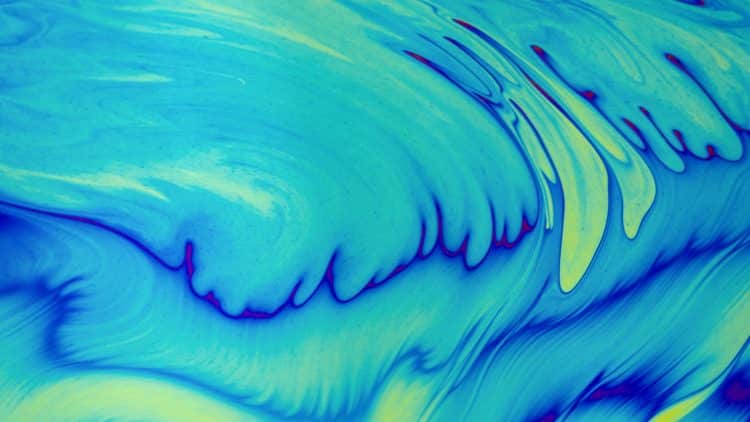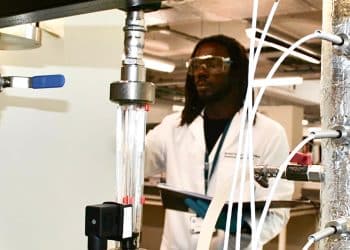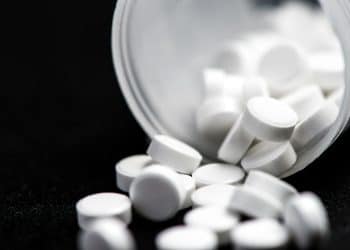Trauma is a condition of the mind that keeps the person stuck in mental suffering and results in several symptoms and maladaptive behaviors. Psychedelic assisted psychotherapy is being investigated to offer alternatives, especially in chronic conditions where other approaches failed. Healing from trauma is a challenge for healthcare professionals. This lack of clinical answers may be due to several factors: the variability of the cases, the ineffectiveness of the therapies available, the objective resistance of the traumatic condition.
To date, the most common approach is pharmacotherapy and psychological support. A new approach to trauma is being investigated: it is psychedelic assisted psychotherapy. The value of this procedure is that it does not remove the symptoms, but alters the consciousness, thought, emotions and perceptions of the individual offering a window of intervention for the psychotherapist to work with this new transient mental asset, and manipulate the mental material brought up by the patient in that altered state.
In the last few years the use of psychedelics in the therapeutic setting has increased, especially in the treatment of complex conditions such as Post Traumatic Stress Disorder (PTSD), Substance Use Disorder and other chronic mental health conditions.
Trauma can result from the exposure to a single main traumatic event or from the repetition of minor (or major) events that happen over the course of time.
Addiction can be considered a maladaptive coping strategy in response to a pain that can not be processed. It often occurs in response to a trauma.
Regardless of whether it is the result of fighting in a war or growing up in a chaotic and unpredictable home environment, trauma gives you the feeling of being stuck and makes it hard to carry on with life. [1]
Psychedelics have shown promising effects in facilitating the healing of traumatic wounds, actively engaging in an introspective emotional process. [2]
The feeling of being stuck
Trauma is the complex result of different starting points. It is a mental condition which shows different pathways based on several variables, to cite some:
- Origin;
- Age;
- Gender;
- Socio economic status;
- Type of trauma;
- Psychological vulnerabilities and resources;
- Social support;
- Access to therapy.
From a neurobiological perspective, in normal conditions the fight-or-flight response system, which activates the body and the mind in response to a real or perceived threat, shuts down after the threat is gone. This does not happen in PTSD individuals; they show an hyper activation of the hormonal system of stress response which keeps them in a state of constant alert. At the amygdala level, which is involved in processing fear, in PTSD patients there is a greater activation. Also, the mPFC showed a redacted activation compared to controls. The mPFC area in the prefrontal cortex is implicated in attenuating the emotional activation.
Common symptoms are:
- Anxiety
- Mood swings
- Concentration difficulty
- Nightmares, insomnia
- Feelings of guilt, shame, anger
- Increased arousal and impulse dyscontrol
- Intrusive thoughts and memories related to the trauma
- Avoidance of people, places, thoughts related to the trauma
These responses to a traumatic event are expected and have their protective function in the short term (Acute Stress Disorder, ASD). However when the person presents a psychological vulnerability and a traumatic event occurs, the natural regression of these strategies does not occur and they might become persistent and maladaptive coping mechanisms.
Addiction as a maladaptive coping mechanism
A response often adopted by people to deal with the pain is to use a psychoactive substance to anesthetize the discomfort.
Addiction has the function of:
- Numbing
- Calming and relaxing
- Detaching from the surrounding situation
- Detaching from one’s own internal feelings
- Acting a familiar ritual when difficult emotions or memories show up to deal with the pain
Addiction is sustained by the compulsion to repeat. Freud introduced the term compulsion to repeat, that is the repetition of behaviors that are directly or indirectly connected to the past and cause pain.
This is how the addictive loop works:
- Unpleasant feeling or memory comes up (consciously or unconsciously);
- Inability to deal with it, not finding internal resources to process the unpleasant moment;
- Using external resources to numb, disconnect, escape the unpleasant moment;
- The trauma is still active and unsolved in the background;
- The loop starts again.
So the unpleasant emotion or memory is not processed, it keeps working in the background and comes up when triggered, it is dealt with by using substances or other escape behaviors. Therefore, it stays in the same place, unresolved, and the pattern goes on over and over again, causing frustration in the person that feels stuck and unable to go on with life.
Pharmaceuticals commonly used to treat trauma related conditions
The pharmacological treatments commonly used in PTSD treatment are:
- Selective serotonin reuptake inhibitors (SSRIs) sertraline and paroxetine, mainly used for Major Depressive Disorders (MDD);
- Anti-anxiety medications.
These pharmacological treatments work on a superficial level, helping the patient get rid of the symptoms. However, the patient has to deal with several undesired side effects and tolerability, especially when using them in the long term.
Numbness caused by the pharmaceutical for example, interferes with the full processing of the trauma, making it hard to solve it.
As a result, often the patient is passively consuming chemicals that help him get through the day, staying dependent on the drug. The situation gets worse when they are not administered together with a psychotherapeutic treatment and undergo appropriate monitoring.
Mind-body disciplines and techniques such as mindfulness meditation practices and yoga also showed to improve the symptoms, with no side effects.
To really heal from trauma, the person has to go through it. Psychedelics have shown promising results in the treatment of PTSD, addiction and other chronic mental health conditions.
How psychedelics can help unstuck
Psychedelics can alter cognition, perception and mood. Their efficacy with PTSD and other mental health conditions is under examination, despite their current status as Drug Enforcement Administration (DEA) scheduled substances.
As reported in the review by Zaretsky et al., (2024) [2], the substances that are being tested in clinical trials are:
- Psilocybin;
- Lysergic acid diethylamide (LSD);
- N,N-dimethyltryptamine (DMT) and DMT-containing ayahuasca;
- 3,4-methylenedioxymethamphetamine (MDMA);
- Ketamine.
The dosage can be divided into: active dose (maximum 100/125 mg of MDMA), low dose (40 mg of MDMA) or active control (30 mg of MDMA). [3]
In clinical trials, these substances showed to facilitate the access to memories, emotions and altered states of consciousness. Used in a controlled setting with the assistance of a trained therapist, psychedelics have shown promising results in the fatuous process of resolving chronic mental health conditions such as PTSD.
The psychological effects of psychedelics include:
- Cognitive flexibility;
- Psychological introspection and insight;
- Sense of connection;
- Self-compassion;
- Interpersonal trust and empathy;
- Spirituality and ego dissolution (dissolution of sense of separate self, in particular useful for identity-altering trauma).
These psychological effects contribute to freeing the mind from trauma related conditions.
The administration of the substance is monitored by close professional supervision, in the context of a psychotherapeutic session.
Psychedelic assisted psychotherapy: research data
It is important to look at the experimental data in the field of psychedelic assisted psychotherapy, to evaluate its eligibility as a treatment in PTSD, addiction and other trauma related conditions. Here are some interesting findings:
Psilocybin
- Sample: n = 10. Mental and physically healthy, previous experience with the substance;
- Substance: Psilocybin;
- Procedure: in the fMRI subjects had to recall memories vividness, emotional intensity, valence;
- Results: greater activation in the visual areas with increased vividness and visual effects, and more intense subjective experience was reported in the psilocybin group compared to placebo. [4]
MDMA
- Sample: n = 20, PTSD patients;
- Procedure: Substance administration or placebo before the psychotherapy session. Multiple sessions of 8 – 10 hours in total;
- Results: 10 patients in the MDMA group and 2 in the placebo group after the intervention no longer met the DSM IV criteria for PTSD. At follow-up, average results in the MDMA group were conserved with 2 relapses. [3]
LSD
- Sample. N = 21, chronic PTSD patients;
- Procedure: psychotherapy preparation session, psychedelic assisted psychotherapy (1 day), assessment of progress and integration;
- Results: participants showed a clinical improvement of the symptoms. They spent 4 days together and shared these intense group experiences. [5]
Future directions
The concept of trauma is getting more complex thanks to neuroscientific observation and clinical experiences. Complexity is a key concept, the traumatized mind presents with a set of common symptoms that are shown by the patient in a very unique way. To heal trauma, psychological support and pharmaceutical therapies did not show a definitive solution in some cases. New paths are worth being investigated. Research points in the direction of psychedelic assisted psychotherapy. Trained psychotherapists conducted clinical trials administering controlled doses of psychedelics, which showed promising results. The unique quality that these psychedelic substances offer, is not an escape from the trauma but the opportunity to process it in an altered state of consciousness which might help its resolution. More research is needed in order to make these practices safe and effective. This path is controversial but it is worth investigating, given the psychological suffering caused by trauma in our society.
References:
[1]Van Der Kolk, B. (2003). The body keeps the score. Trauma, 2, 50.












